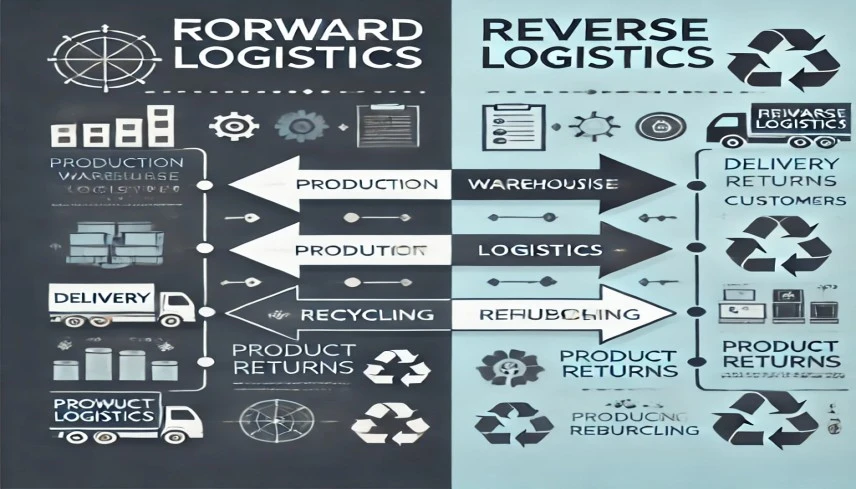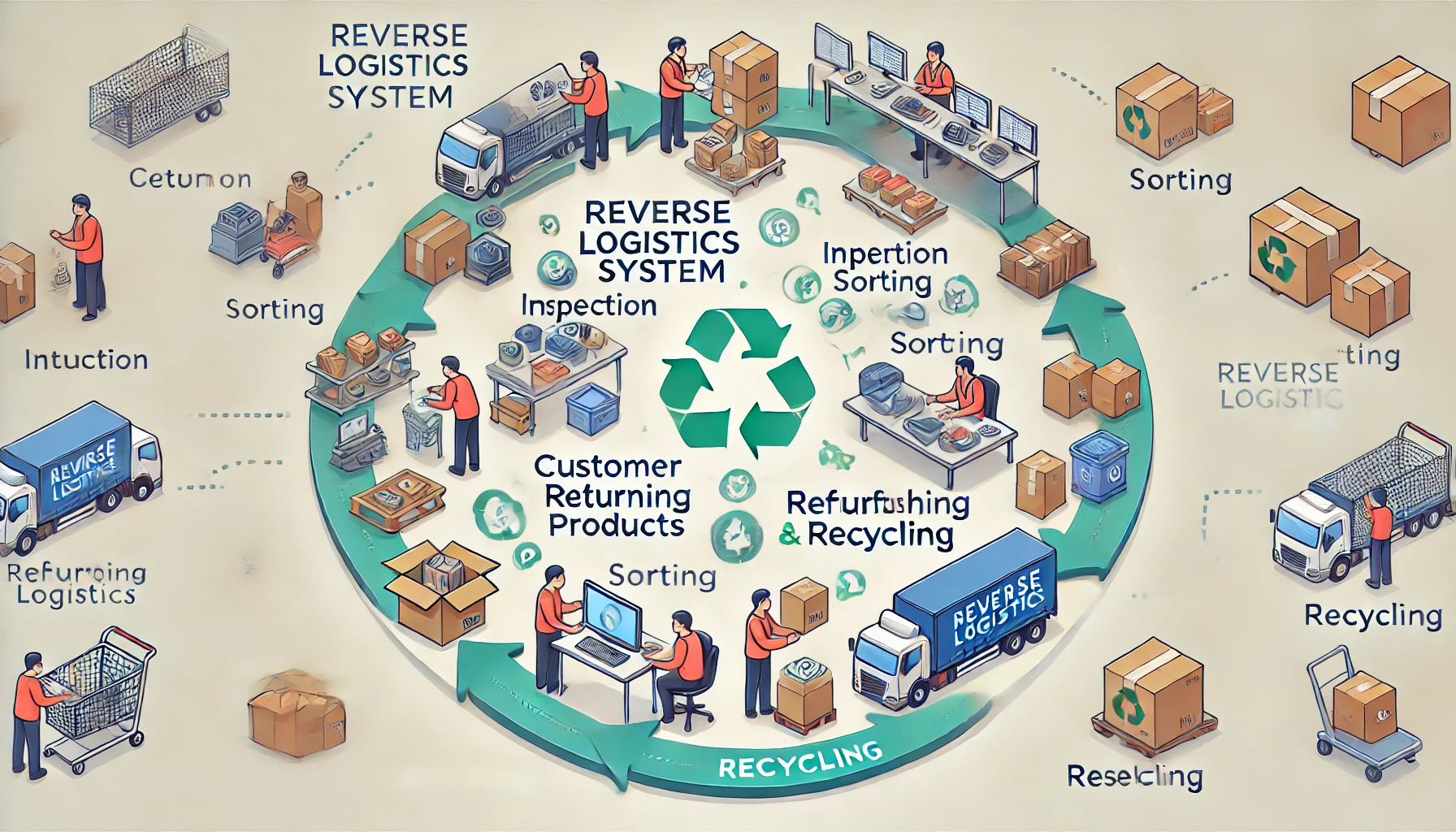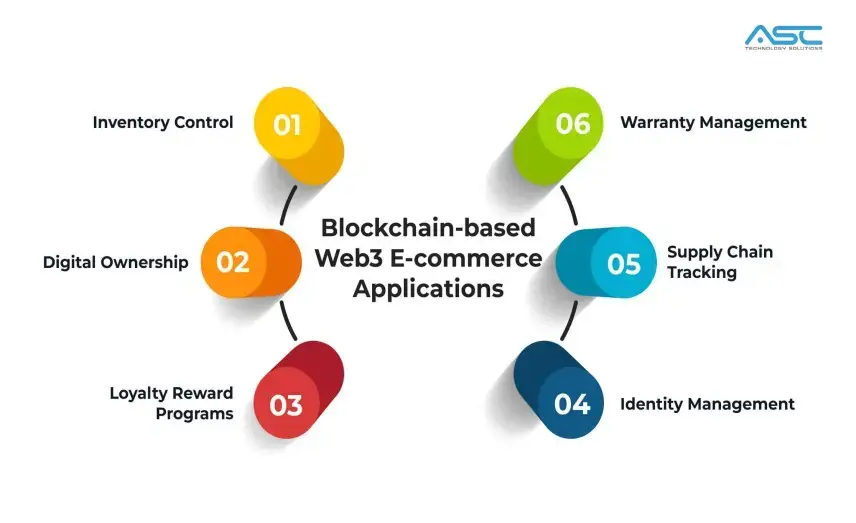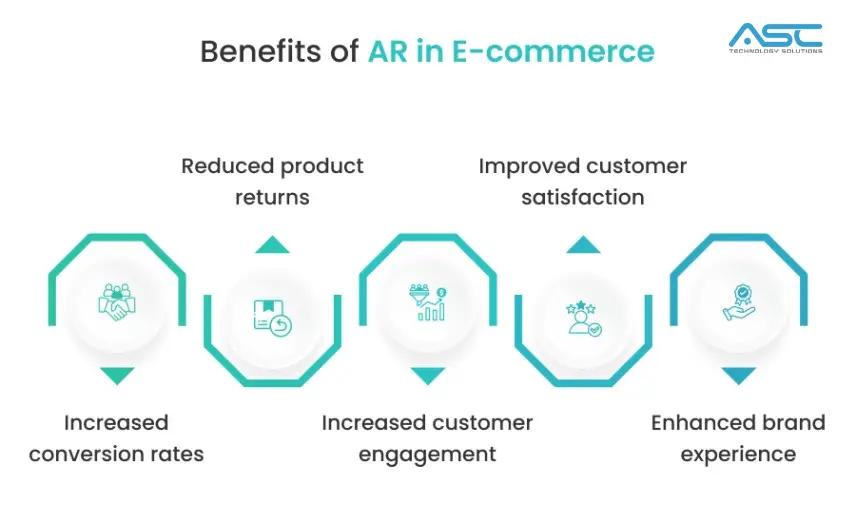Today’s app development landscape is a highly competitive one, and companies are always looking for new ways to create applications that deliver on the promise of great user experience. React app development is now considered to be one of the most revolutionary things in development lately, and it was only accentuated by the introduction of React Native app development, which means that a single code base will be able to work on both Android and iOS. This article also talks about the basic concept of React & React Native, cross-platform mobile application development and Why React is becoming a business choice for creating interactive and scalable mobile apps. When you complete this guide you will be aware of how to use React for mobile applications as well as develop solutions that can meet today’s mobile user needs.
What is React Native App Development?
React Native is a framework that enables the creation of mobile applications with the help of React, a JavaScript library developed by Facebook. Compared to conventional development models where two main types of developers are used, one for iOS working from an Apple-based model and the other using an Android-based framework for the Android platform, cross-platform development for apps using react native allows for the use of a single set of code that can work across the two platforms at the same instance. This has a positive impact on cutting development time and costs while ensuring the best utilisation of performance.
Using the power of React for mobile applications, developers can provide native-like interface experiences and an excellent user interface. The infrastructure of React Native is rather developed and has a large community, so it’s suitable for creating engaging applications.
Core Principles of React Native App Development
- JavaScript as the Foundation:
React Native is based on JavaScript, which today is one of the most popular programming languages. This makes it easy for a large number of developers who are well conversant with web development to shift into the creation of React apps. - Declarative Programming Model:
Working with the React Native framework, developers describe what kind of interface should be built instead of how it should be constructed. This makes development easier and improves the code readability. - Virtual DOM Integration:
React Native also uses virtual DOM to control rendering processes in a manner that will see changes being made without necessarily affecting performance. - Focus on Mobile-Specific Performance:
Although React Native is based on React used for web development, it focuses on native performance due to its compiling to native code and preserving smooth operation on devices. - Community-Driven Development:
The growth of React Native app development is supported by worldwide developers and contributors who constantly improve the tool and share practical applications. - Seamless Integration with Development Tools:
The tool is backed by and compatible with the most popular editing software such as Expo, Visual Studio Code, and testing frameworks, among others. - Component-Based Architecture:
React Native freezes the UI into separate components to save time on development and creating patches for bugs or making enhancements in future.
The stated principles make React for MOBILE-APP development a versatile and effective framework for creating performant, scalable, and accessibility-rich applications and is especially useful in cross-platform application development.
The Role of Cross-Platform App Development
- Efficient Resource Utilisation:
Native application development for multiple platforms in one go helps business people use the same code for the development of apps. - Wider Market Reach:
Cross-platform application development embraces iOS & android; thus it will allow companies to reach more audiences while not having to develop individual applications. - Consistent User Experience:
Developers use frameworks such as React Native for building apps that are almost similar across the various devices making the user’s experience more enjoyable. - Faster Development Cycle:
Software components are developed in advance and allow using the necessary code segments that make it significantly quicker to launch an application. - Cost-Effectiveness:
When there is a single team collaborating on this code, businesses are able to minimise development and functional costs notably. - Easier Updates and Maintenance:
It is possible to adapt a single update to be used on multiple platforms which leads to better control of the version. - Adaptability to New Technologies:
Interplatform frameworks tend to include new features and tools, keeping deployed apps current and as technologically sophisticated as possible.
The concept of cross-platform aligns itself with the need to design and develop applications that are recognisable by various platforms while catering to the need of businesses to deliver scalable, efficient, and more importantly, accessible solutions in the current diversely competitive economy.
Why Choose React for Mobile Apps?
Selecting React for mobile apps is beneficial in many ways: there are many developers to work with, frequent updates, and a great variety of tools and libraries available. The most important feature of React Native is the “hot-reloading” that helps to see the changes at once and doubles the speed.
Furthermore, the possibility for developers to install native modules guarantees that React Native applications provide a close-to-native experience, thus closing the gap between native and hybrid mobile applications. This makes React app development one of the best choices for businesses that want to develop feature-filled applications at reasonable prices.
Conclusion
The world of mobile app development is constantly progressing; one of the most flexible and effective approaches to creating reliable applications is React Native app development. The fact that with it one can develop applications for multiple platforms regarding user experience gives businesses a chance to remain relevant. With the help of React app development and deciding to go with React for mobile apps, the opportunity to develop sophisticated, efficient, and versatile apps adapting to customers’ requirements is provided. Regardless of whether your business is a brand-new startup, or an enterprise with a well-established name, React Native provides you with everything you need to materialise the app ideas in your mind.
















